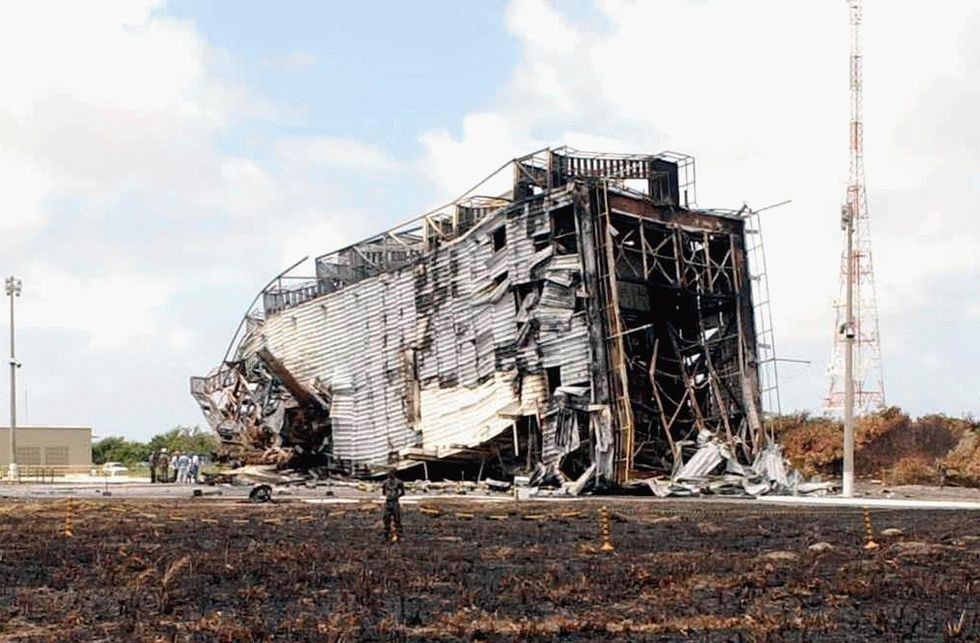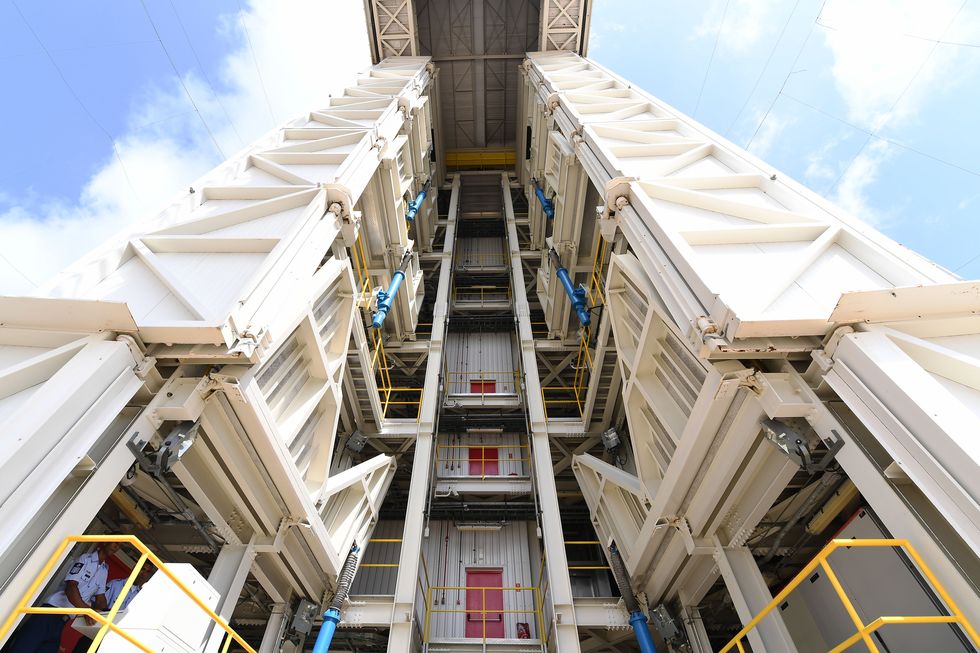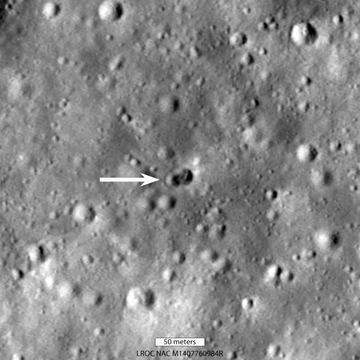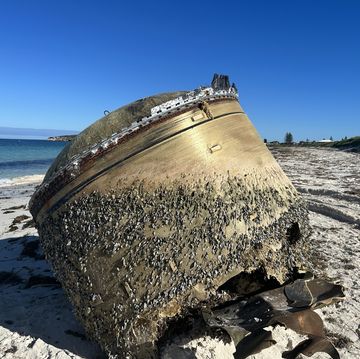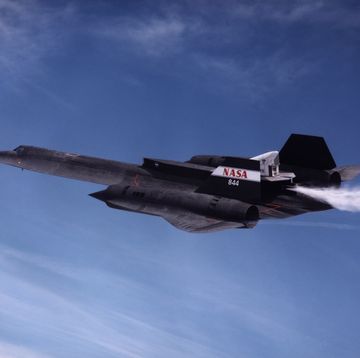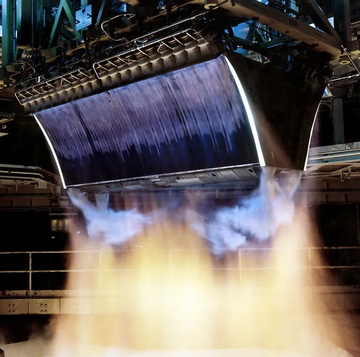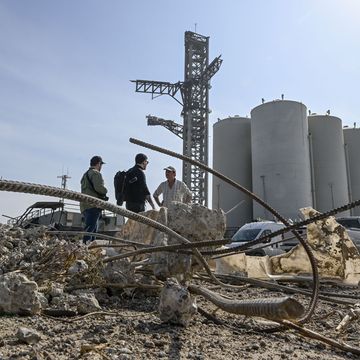This week, new Brazilian president Jair Bolsonaro signed a deal that would open his country's national spaceport to U.S. satellite launches. The move has been seen mostly as a way for the new leader to ingratiate himself to the Trump administration. But behind the politics, the deal is also the latest attempt to salvage Brazil’s once-promising space program, which has languished amid failed launches and fruitless international partnerships.
Representatives from Boeing and Lockheed Martin are known to have toured the spaceport recently, which is a sure sign of interest from the aerospace bigs. Small launch companies may be even more interested, attracted by an equatorial spin that produces 30 percent fuel savings. That means more small sats launched more cheaply at time when many emerging companies are jockeying for customers.
Jim Cantrell, of the small sat launch company Vector, signaled his support with a dash of fear over the wildlife:
Disaster in the Amazon
The Alcantara spaceport was once a source of national pride for Brazil. Tucked against the Atlantic Ocean and surrounded by dense jungle, its location is an ideal place for a spaceport.
Rockets launch east to take advantage of the earth’s spin, and there's nothing to the east of Alcantara but open water. The launch center at Alcantara is also remote, as all spaceports must be. A rocket’s mass is 90 percent explosive fuel traveling at extremely high speeds. Flying them requires a large empty space in case anything goes wrong. Third, Alcantara is just 2.3 degrees south of the equator, a near-perfect placement for slinging satellites into equatorial or polar orbits.
But Brazil’s program has been plagued with failures, the most serious coming on August 22, 2003. Just days before the planned launch of two satellites, engineers and technicians swarmed around the three-stage Veiculo Lancador de Satelites (VLS, or “satellite launch vehicle”), readying the rocket for liftoff. There were 21 people working in the 118-foot-tall support gantry, a massive steel structure with multiple levels that engineers and techs use to make the final preparations. On the day of the launch, the gantry would slide away on rails, leaving the upright rocket on its launch pad.
At 1:30 in the afternoon, a flicker of flame appeared at the base of the rocket—one of the main engines ignited. Within seconds, the rocket, packed with solid rocket fuel, detonated in an ear-shattering concussion. The resulting fireball consumed the gantry and set fire to the jungle surrounding the pad. The heat melted the gantry into a heap, and the flames immolated all 21 workers at the site, leaving nothing but teeth for medical examiners to identify the bodies.
Back To Brazil
After that, the space launch industry in Brazil sputtered. In the meantime, the European-run spaceport in French Guiana did steady and brisk business, expanding to accept small launchers from Italy and mid-size Russian rockets. That spaceport can now offer rides on three rockets.
Brazil then tried to move forward by inking a deal with Ukraine to launch from the spaceport, but the deal fell apart. Now, a more right-leaning president is trying his luck with the United States. “We should be thanking God for the recent change of ideology in Brazil,” Bolsonaro said at the U.S. Chamber of Commerce this week. “We want to have a great Brazil, just like Trump wants to make America great.”
Still, it's slow going. The U.S.-Brazil deal is called a “technology safeguards agreement,” which means it's basically a workaround for export laws designed to protect American space launch and satellite hardware from foreign eyes. With space so sensitive and missile technology so similar, these safeguards are meant to protect national security as well as American intellectual property.
The deal needs approval from the Brazilian Congress, which could be a steep climb considering the Brazilian president is a polarizing figure and a similar agreement died in that legislative body after politicians fretted about a loss of sovereignty to the United States. But the U.S. space industry looks a lot different these days. Small private space companies, rather than U.S. defense aerospace giants, may be more palatable tenants at the spaceport.
Joe Pappalardo is a contributing writer at Popular Mechanics and author of the new book, Spaceport Earth: The Reinvention of Spaceflight.

